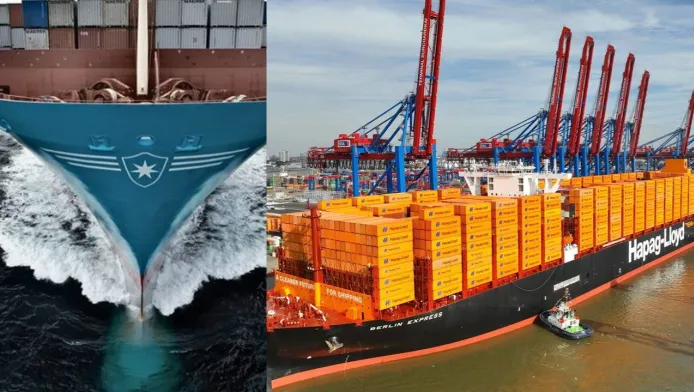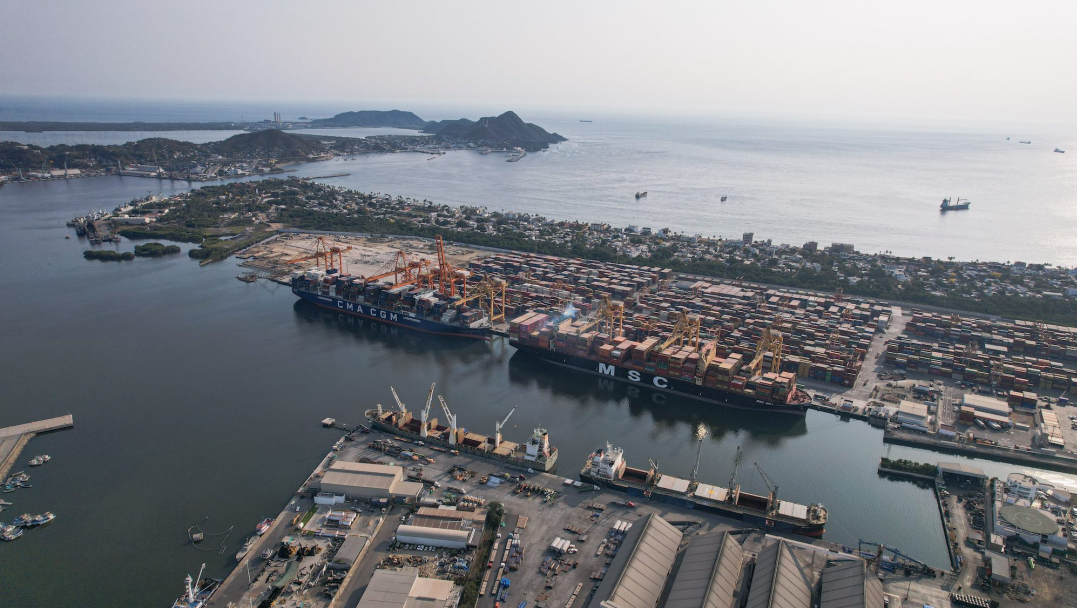Lufthansa Cargo has entered into a partnership with A.P. Moller – Maersk (Maersk) to promote the decarbonization of air freight through the use of sustainable aviation fuel (SAF).

In this agreement, Lufthansa Cargo will utilize 400 tons of SAF on behalf of Maersk for the remainder of 2024, contributing significantly to reducing carbon emissions during the peak year-end shipping season. This initiative is expected to cut CO2 emissions by at least 1,200 tons.
"Reducing greenhouse gas emissions in air freight is one of the most challenging tasks in the decarbonization of global logistics and supply chains. This is why we are delighted to partner with Lufthansa Cargo to address this crucial mission," said Morten Bo Christiansen, Head of Energy Transition at A.P. Moller – Maersk. As one of the world’s largest logistics companies, Maersk aims to achieve net-zero greenhouse gas emissions across all modes of transportation, as well as in warehousing and container terminals, by 2040. "SAF’s application and availability in aviation remain limited. Our agreement with Lufthansa Cargo enables Maersk to contribute to increasing its usage."
Background on Maersk ECO Delivery Air
Maersk will allocate the achieved emission reductions to one of its European air freight customers as part of its ECO Delivery Air product. Maersk's ECO Delivery offering, which spans sea, air, and inland transportation, helps reduce greenhouse gas emissions compared to traditional fossil fuels. Maersk is also the first company to have its net-zero targets validated by the Science-Based Targets initiative (SBTi) and has adopted the SBTi's maritime guidelines.
Background on Sustainable Aviation Fuel
The SAF used by Lufthansa Cargo is produced using the HEFA (Hydroprocessed Esters and Fatty Acids) process, utilizing biological residues such as used cooking oil. Lufthansa Cargo sources SAF through the Lufthansa Group, which works with established European suppliers. Since September 2021, all Lufthansa Cargo customers have been able to opt for more sustainable shipping by selecting the Sustainable Choice add-on service.
Throughout its lifecycle—production, transportation, and combustion—waste biomass-based SAF emits approximately 80% less CO2 compared to conventional fossil kerosene. As a "drop-in" fuel, it can be seamlessly integrated into existing aviation infrastructure without requiring modifications. However, for operational reasons, individual flights cannot be specifically refueled with SAF.
Lufthansa Cargo provides this fuel through the Lufthansa Group, which collaborates with global partners to develop SAF and next-generation synthetic fuels. Alongside its SAF initiatives, Lufthansa Cargo shares the Lufthansa Group’s ambitious climate protection goals: to reduce net CO2 emissions by 50% compared to 2019 levels through mitigation and offset measures by 2030, and to achieve carbon neutrality by 2050.

Last
Gemini Shipping Alliance Opens Bookings, Set to Launch in February 2025
The Gemini Cooperation, a new shipping alliance formed by Maersk and Hapag-Lloyd, has announced that it will begin accepting booki

Next
200% surge shocks the market! Spot freight rates on China-Mexico trade route hit a record high
According to Xeneta data, the China-Mexico trade route experienced an 18.9% year-on-year increase in volume during the first nine




